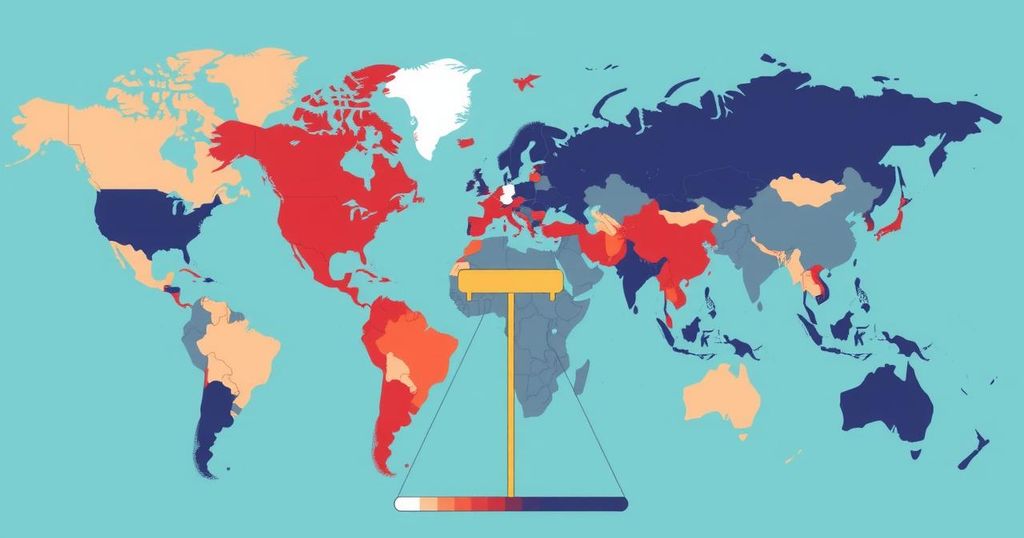World news
AFRICA, AFRICAN NATIONAL CONGRESS, ASSOCIATED PRESS, BRITAIN, CAS MUDDE, DEMOCRACY, EMILIO MORENATTI, EUROPE, FAR RIGHT, FOREIGN POLICY, GHANA, HUMAN RIGHTS, KWAZULU - NATAL, LONDON, MK PARTY, NAMIBIA, NELSON MANDELA, POLITICS, POPULISM, ROB FORD, UNITED KINGDOM
David O'Sullivan
0 Comments
Global Elections in 2024: A Turning Point for Incumbents and the Rise of Populism
The year 2024 marked a significant shift in global electorates, with an anti-incumbent wave sweeping through approximately 70 countries. High inflation, economic distress, and lingering consequences of the pandemic resulted in the rejection of long-standing political parties in various regions. Simultaneously, the year saw the rise of far-right populism, mass protests in several nations, and allegations of foreign electoral interference, contributing to an increasingly fragmented political landscape.
In 2024, global voters expressed their dissatisfaction with incumbents, reflecting a collective sentiment of discontent across roughly 70 nations. Economic disruptions, attributed to lingering effects of the pandemic and inflation driven by geopolitical tensions, fueled calls for change. Countries like South Africa witnessed the decline of long-established parties such as the African National Congress, confirming a broader trend of voters rejecting the status quo in favor of coalition governments and new political players. Noteworthy events included electoral surprises in India, where Prime Minister Narendra Modi lost his parliamentary majority; significant victories for the left in Uruguay and Japan; and increased electoral challenges faced by traditional parties in the United Kingdom, where Conservative rule ended after 14 years. This wave of electoral change further coincided with rising populism and far-right movements in several European countries, revealing a fragmented political landscape across the continent. As the year concluded, tensions remained high, particularly illustrated by events in South Korea and ongoing protests in Mozambique, underscoring a tumultuous global political environment that could persist into 2025.
The article encompasses the political ramifications of a tumultuous electoral period in 2024, characterized by widespread dissatisfaction with incumbent governments and the growing rise of populist and far-right groups around the world. It highlights an overarching trend of voter fatigue stemming from prolonged economic disruption and instability, resulting from multiple crises over recent years, including the COVID-19 pandemic and geopolitical conflicts. The political shifts observed in numerous countries reflect a stark transformation in electoral dynamics, revealing a populace increasingly willing to challenge and replace established political entities.
In conclusion, the electoral events of 2024 reveal a profound shift in democratic sentiments globally, characterized by a marked movement away from incumbency due to dissatisfaction with their governance. The emergence of new political parties and the rise of populism signal an evolving political landscape, where voters seek change amidst continued economic and social challenges. As nations brace for further electoral uncertainties, the importance of addressing public discontent in democratic institutions remains imperative.
Original Source: www.clickorlando.com




Post Comment